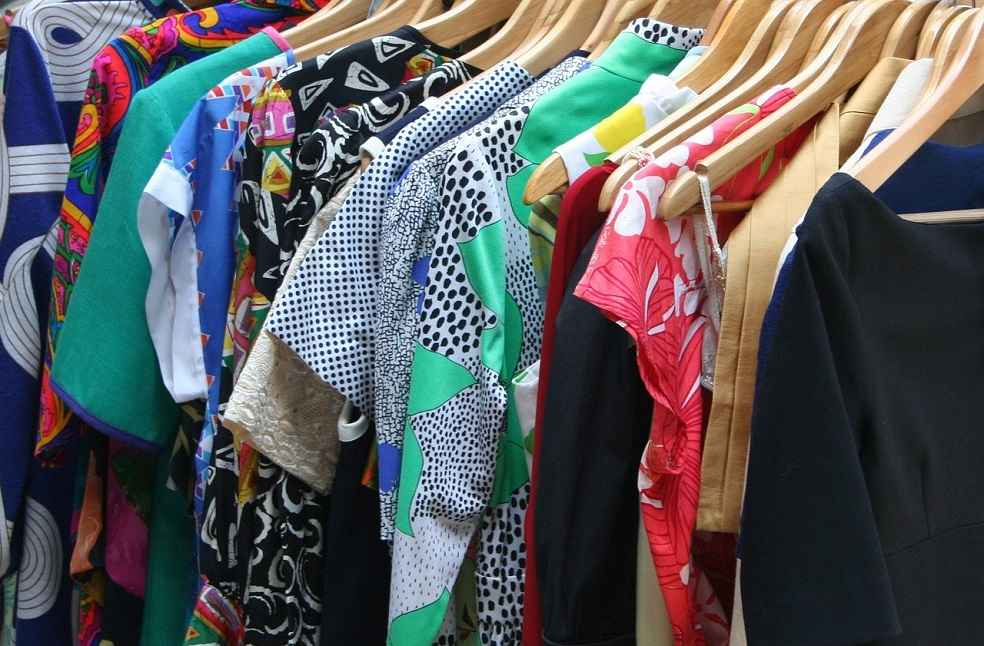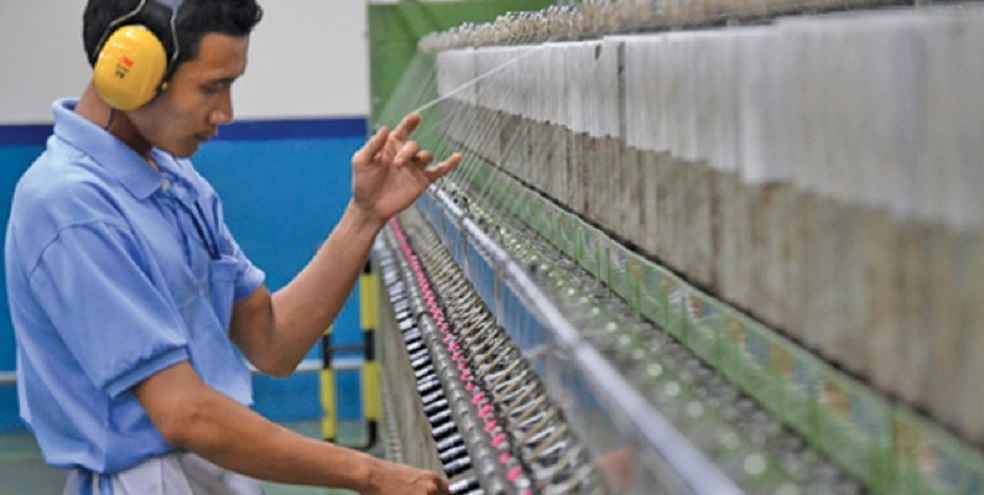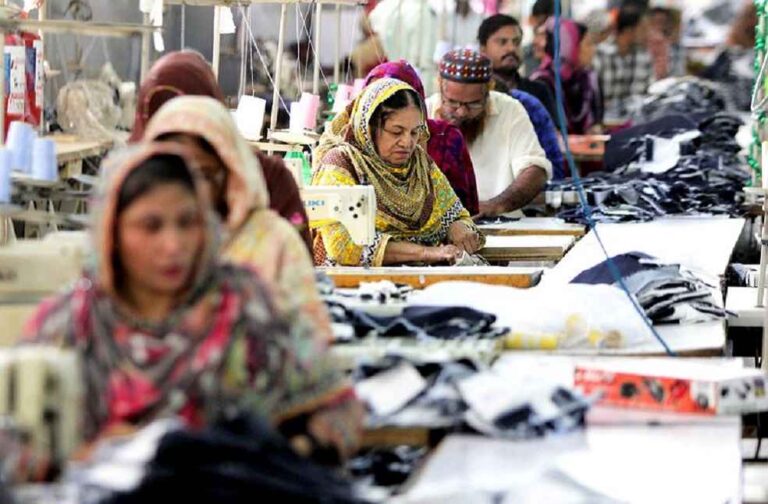Bangladesh’s apparel industry has significantly penetrated the US import market, achieving a 3.95 percent growth over the last decade. This growth contrasts with a slight 0.25 percent decline in the US’s overall global sourcing. Bangladeshi exporters presented data at a US hearing, showing not only this impressive growth but also a 0.99 percent increase in the unit price of their apparel exports to the US by 2023, against a global trend of a 0.04 percent decrease in average unit price. This underscores Bangladesh’s remarkable performance and growing importance in the US apparel market.
This development signals not only quantitative but qualitative enhancements in Bangladesh-US trade relations, spotlighting Bangladeshi apparel’s escalating value in American markets.
The US International Trade Commission (USITC) engaged in a comprehensive virtual scrutiny to assess the export competitiveness of apparel industries from principal suppliers, including Bangladesh. This scrutiny covered labor rights, productivity, and their influences on export competitiveness to the US market.

Faruque Hassan, leader of the Bangladesh Garment Manufacturers and Exporters Association (BGMEA), articulated Bangladesh’s pivotal role in compensating for a substantial 45 percent plummet in US apparel imports from China. Hassan highlighted the strategic shift from volume-based to value-oriented production, underpinned by investments in cutting-edge technology, machinery, and workforce skill enhancement as a cornerstone of Bangladesh’s success.
Confronting challenges such as escalating production costs and the void of US tariff preferences post-2004, Bangladesh’s apparel sector demonstrated exceptional adaptability. This adaptability is manifest in the ascension of US apparel imports from Bangladesh, climbing from $5.0 billion to $7.3 billion over the specified period, alongside a 2.93 percent augmentation in export volume.
The BGMEA’s dedication to labor condition amelioration and skill enhancement, responding to USITC inquiries and aligning with International Labour Organization (ILO) recommendations, reflects a commitment to sustainable and equitable progress.

Yet, the sector confronts hurdles, including a marked export decline to the US in January 2024 and complications related to raw material procurement and labor productivity. These issues underscore the necessity for ongoing policy reform, infrastructural advancements, and global collaboration to fortify the sustainable advancement of Bangladesh’s apparel domain.
As the USITC gears up to deliver its findings to the US Trade Representative (USTR) by August 30, the international apparel sector keenly anticipates the outcomes. These findings are poised to influence future trade policies and strategic apparel sourcing decisions globally. Bangladesh’s narrative offers profound insights into navigating global trade complexities, emphasizing adaptability, strategic foresight, and sustainable practices as pillars of enduring success.
IMEX SECTOR | Vietnam Urges Brazil to Drop Seafood Barriers, Spice Up Trade!



